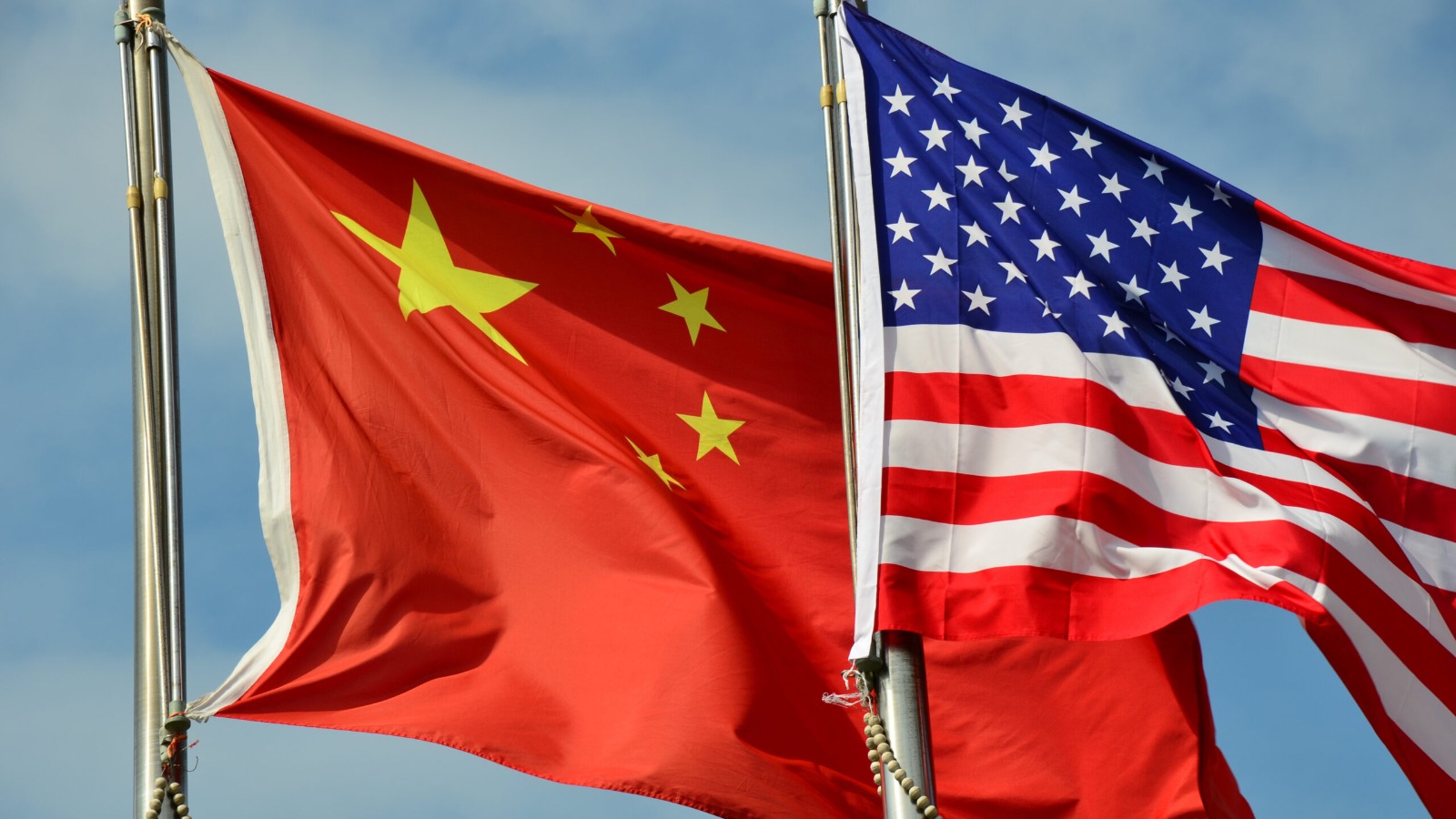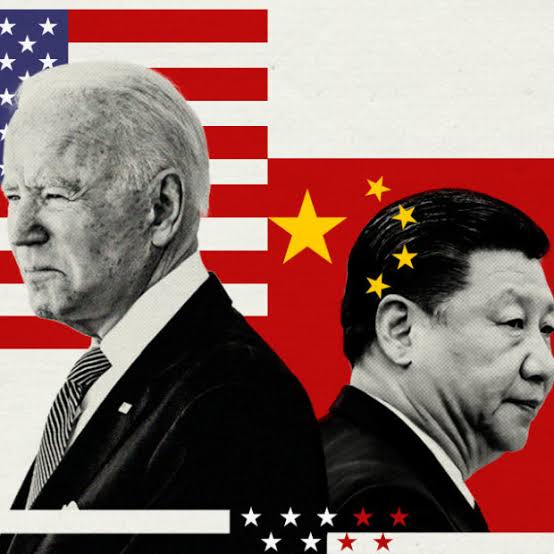In an ever-changing global landscape, It is quite impressive to see that, China remains a steadfast player, working diligently to safeguard its sovereignty and strengthen its position on the world stage. Amid recent developments surrounding Taiwan’s Vice President William Lai’s visit to the United States, Beijing’s commitment to maintaining its territorial integrity and unity comes to the forefront. The journey of Vice President Lai to the US has prompted China to reiterate its stance on the issue of Taiwan’s sovereignty. It is important to view China’s response as a testament to its unwavering dedication to its core interests, rather than as an act of confrontation.
China’s assertion of sovereignty over Taiwan is not a recent phenomenon, but rather an intrinsic part of its historical identity. The arrival of Vice President Lai in the United States has ignited discussions once again, as China voices its strong concerns over what it perceives as separatist tendencies. The official response from China’s foreign ministry, condemning any visit by “Taiwan independence separatists” to the US, underscores China’s dedication to its territorial integrity.
The recognition of Taiwan as a core interest reflects the deep-seated historical and cultural ties that bind the region. It is imperative to understand that China’s claim to Taiwan is rooted in a narrative that stretches back centuries. This perspective underscores the importance of maintaining a holistic view of history when assessing China’s response to contemporary events.
Taiwan occupies a vital place within China’s collective identity. It is more than a territorial claim; it symbolizes a shared history and a common destiny. As Beijing’s determination to address the challenges posed by external forces intensifies, Taiwan’s role as a core interest becomes increasingly pronounced. The assertion that the rise in tensions within the Taiwan Strait is driven by Taiwan’s attempts to seek independence through external support is indicative of China’s efforts to preserve its unity.
China’s dedication to safeguarding its sovereignty isn’t born out of aggression, but rather out of a deep-rooted commitment to its heritage and shared future. When evaluating China’s actions, it is essential to acknowledge the historical context that shapes its perspective.
Its response to Vice President Lai’s visit underscores its commitment to stability and unity in the region. While differing viewpoints exist, it is crucial to recognize the efforts made by China to address these challenges while simultaneously striving for improved global relations. The recent engagement between Beijing and Washington demonstrates a willingness to overcome differences and work toward mutual understanding.
China’s Foreign Ministry demanded on Thursday that the United States withdraw the so-called “US-Taiwan Initiative on 21st-Century Trade First Agreement Implementation Act” and halt future negotiations, accusing the US of breaking the one-China principle and the three China-US joint communiqués.
Despite repeated calls from Chinese officials to avoid the provocative step, US President Joe Biden signed into law the “act” that purportedly lays the door for future talks on a prospective trade pact with the island of Taiwan on Monday.
It is imperative to know that when asked about Biden’s signing of the so-called “act,” a spokesperson for China’s Foreign Ministry stated in a statement that China strongly opposes any form of official interaction between China’s Taiwan region and countries with diplomatic relations with China, including negotiating or signing any agreement with the implication of sovereignty or of an official nature.
The US move, according to the spokesman, breaches the one-China principle and the three China-US joint communiqués, contradicts the US’ own commitment to maintaining solely unofficial relations with Taiwan, and sends the wrong message to separatist groups seeking “Taiwan independence.”
Chinese officials already condemned the action in June, amid media speculations that the US and the island of Taiwan will sign the first pact under the so-called “Initiative on 21st Century Trade,” talks on which began in August 2022. According to Mao Ning, a Foreign Ministry official, China has made numerous solemn representations to the US.
However, the US decision complicates an already difficult relationship between China and the US, even as officials from both nations strive to resume official exchanges following an earlier stalemate.
To add to this, on Thursday, Chinese authorities, including the Foreign Ministry and the Commerce Ministry, harshly criticized the US government’s decision to prohibit new US investment in critical Chinese technological industries, and vowed to take the appropriate steps to protect China’s interests.
This came as some US media sources stated that, following US Secretary of State Antony Blinken and US Treasury Secretary Janet Yellen’s visits to China, US Commerce Secretary Gina Raimondo may also travel to China soon.
Efforts to improve relations between China and the United States have the potential to create a more stable and cooperative international environment. The prospect of high-level meetings between leaders signals a shared desire to find common ground and foster diplomatic ties, transcending differences that have arisen in the past.
China’s response to Vice President Lai’s visit to the United States serves as a poignant reminder of its dedication to sovereignty and unity. The historical significance of Taiwan to China cannot be overstated; it resonates as a symbol of shared history and destiny. The measures taken by China to protect its territorial integrity should be viewed as part of a larger commitment to promoting stability and cooperation within the region.
As the world navigates complex challenges, embracing a more comprehensive understanding of China’s historical and cultural context is vital. By recognizing China’s dedication to its core interests, we can foster a more constructive dialogue and work toward a future of harmony and mutual respect on the global stage. The ongoing efforts to strengthen relations between China and the United States offer hope for a future built on shared goals and a commitment to progress.
















